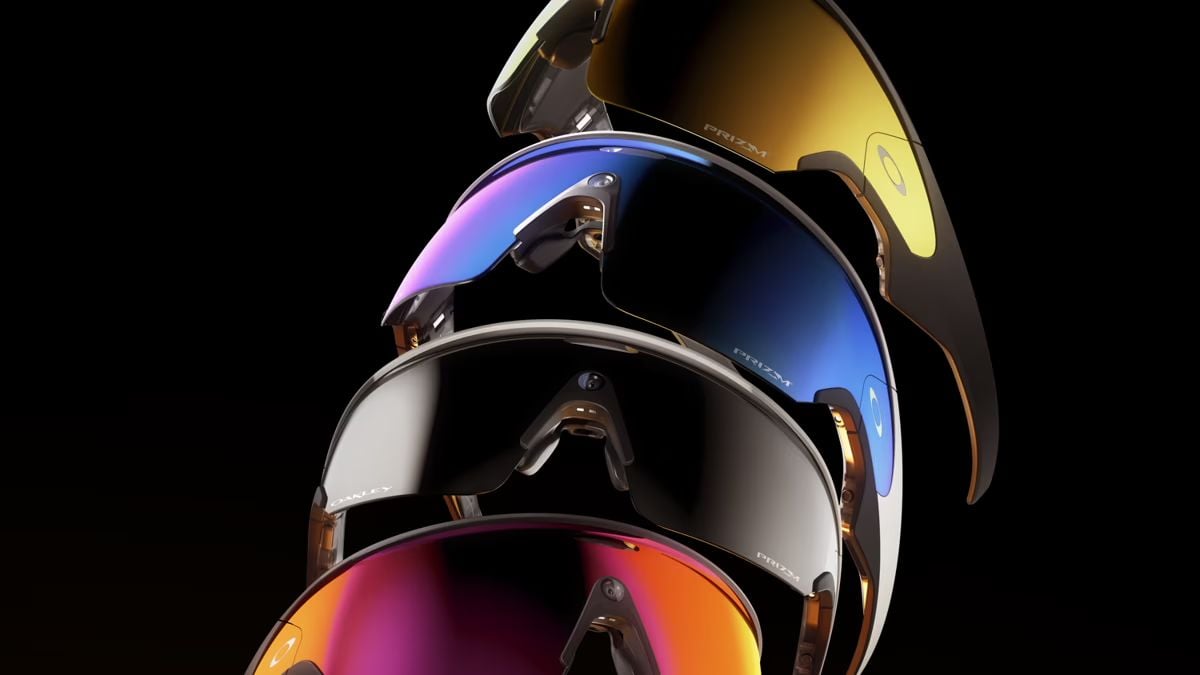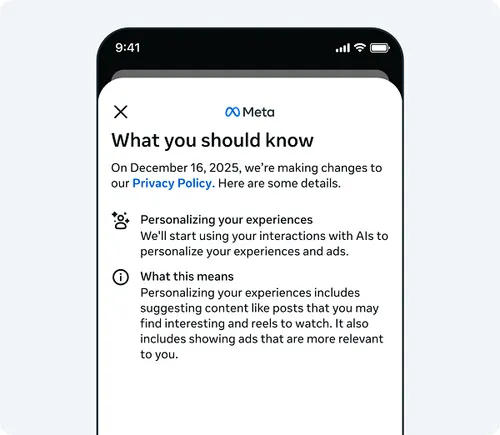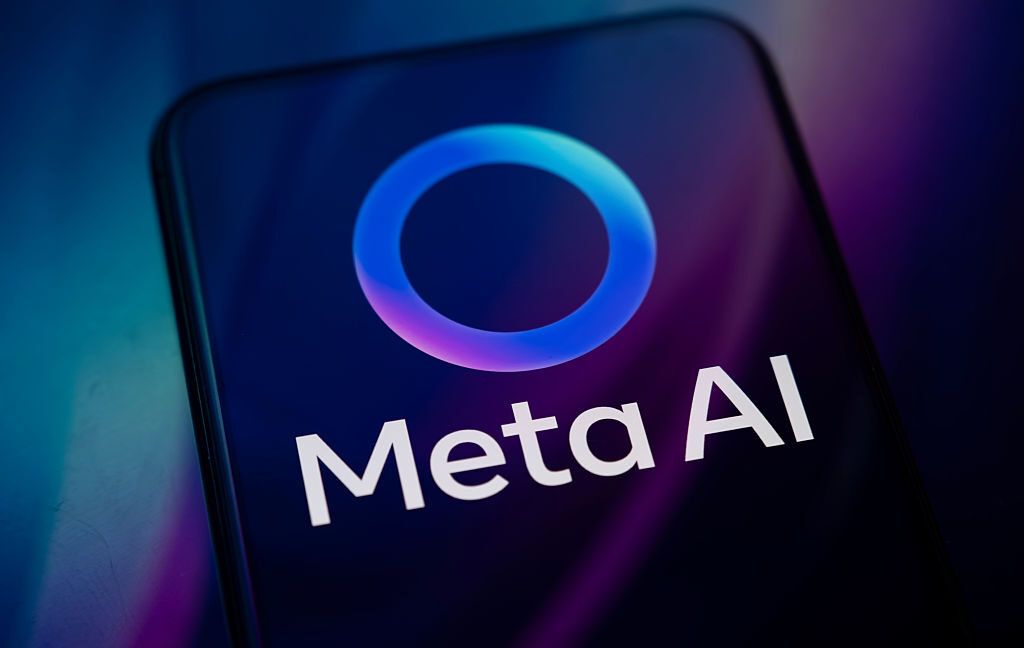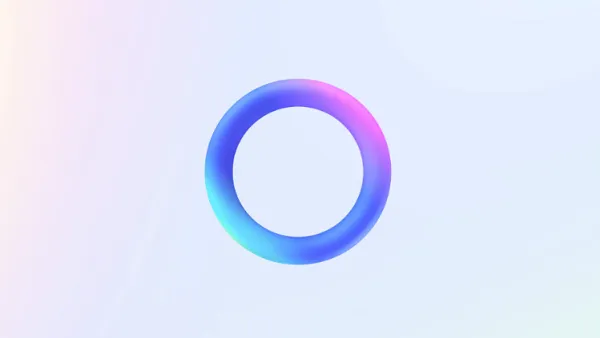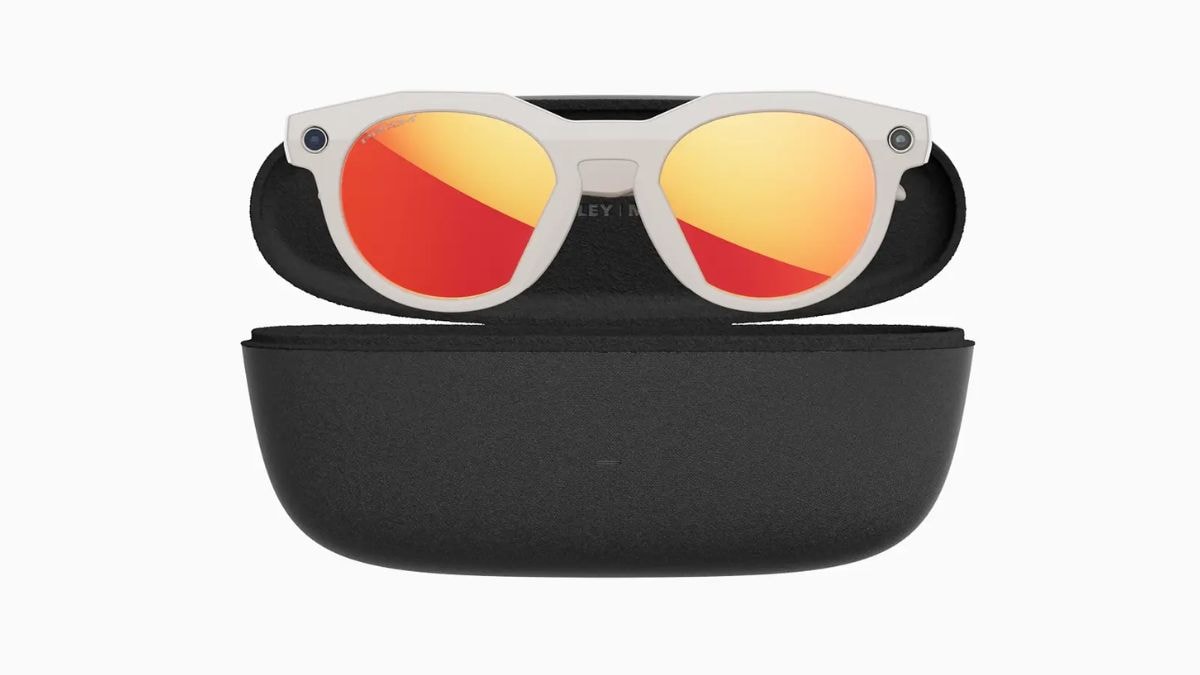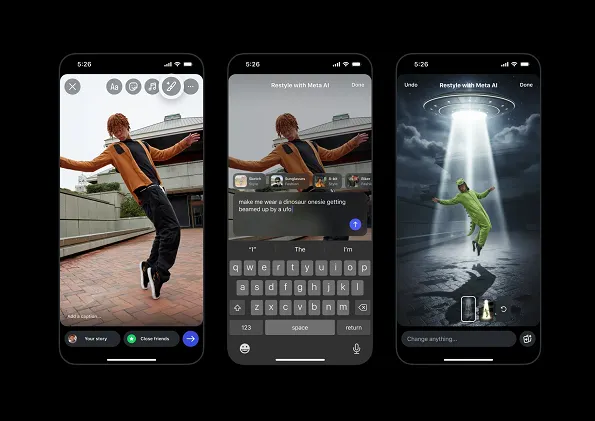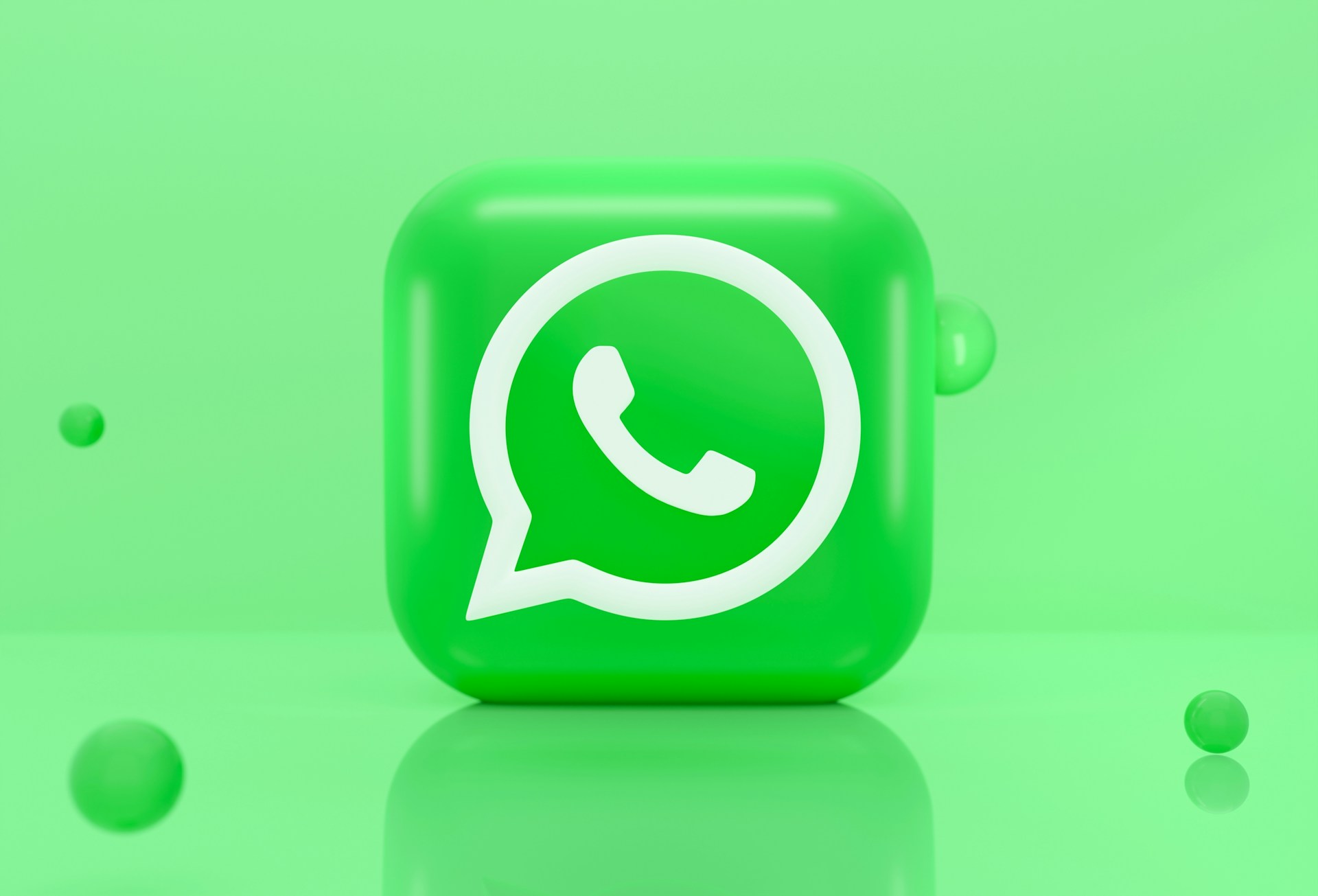#meta-ai
#meta-ai
[ follow ]
#privacy #social-media #smart-glasses #personalization #whatsapp #artificial-intelligence #advertising #instagram
fromKotaku
2 weeks agoOakley Meta HSTN Hits an All-Time Low, While Ray-Ban Smart AI Glasses Remain at Full Price - Kotaku
At first glance, the Oakley Meta Smart Glasses look like classic Oakley eyewear, but there's a surprising amount of technology packed into the frames. Meta AI is integrated directly into the glasses, working alongside an HD ultra-wide 12MPl camera and built-in five-microphone array. Together, they let you capture photos and videos either by tapping or completely hands-free, using simple voice commands.
Gadgets
Mobile UX
fromGSMArena.com
2 months agoThe European Commission is investigating WhatsApp for not allowing third party AI providers anymore
European Commission is investigating whether WhatsApp's policy barring third-party AI from using WhatsApp Business tools constitutes abuse of dominance under EU competition rules.
Gadgets
fromKotaku
2 months agoMeta Ray-Ban (Gen 1) Just Fell Even Lower Than Black Friday, the Smart AI Glasses Are Now Priced Like No-Name Sunglasses - Kotaku
Ray-Ban Meta Smart Glasses are discounted 25% on Amazon to $224, offering Meta AI, an HD 12MP camera, five-microphone array, open-ear speakers, and voice controls.
fromwww.cnbc.com
3 months agoMeta's AI app has seen growth soar since launch of Vibes, but trails OpenAI's Sora
Meta's AI app has seen a major jolt in downloads since launching its Vibes feed of AI-generated videos, giving investors a glimpse of the company's artificial intelligence strategy ahead of Wednesday's third-quarter earnings. Since releasing Vibes on Sept. 25, the Meta AI app's downloads on both iOS and Android are up 56% month-to-month to a total of 3.9 million downloads as of Oct. 18, according to data provided to CNBC by mobile research firm Appfigures.
Artificial intelligence
fromTechCrunch
4 months agoMeta AI's app downloads and daily users spiked after launch of 'Vibes' AI video feed | TechCrunch
New data indicates that use of Meta AI's mobile app for iOS and Android has seen a significant increase. According to a new analysis from market intelligence provider Similarweb, the app's daily active users across both platforms jumped to 2.7 million as of October 17, up from around 775,000 just four weeks ago. In addition, Meta AI's app installs are also up, reaching 300,000 new downloads per day, compared with under 200,000 daily downloads a few weeks ago.
Artificial intelligence
fromTechCrunch
4 months agoFacebook's AI can now suggest edits to the photos still on your phone | TechCrunch
A Facebook feature that gives Meta AI the ability to suggest edits to photos stored on your phone's camera roll, but haven't yet been shared, is now rolling out to all users in the U.S. and Canada. The company announced on Friday that users can choose to opt in to receive these sharing suggestions, which will then prompt them to post photos to their Facebook Feed and Stories with the AI edits. First launched as a test over the summer, Facebook's app pops up a permission dialog box requesting access to "allow cloud processing" so users can get "creative ideas made for you from your camera roll." This box explains that the feature could offer ideas like collages, recaps, AI restyling, birthday themes, and more for the end user.
Privacy professionals
fromForbes
4 months agoMeta AI Confirms Your Data Will Be Used For Ads-Here's How And When
Whether it's a voice chat or a text exchange with our AI features, this update will help us improve the recommendations we provide for people across our platforms so they're more likely to see content they're actually interested in - and less of the content they're not,
Artificial intelligence
fromwww.cnbc.com
4 months agoMeta greenlights Facebook, Instagram ads based on your AI chats
Meta will soon show ads and other content to users based on their interactions with the company's digital assistant and related products powered by generative artificial intelligence. The social media giant announced the update to its recommendation system on Wednesday, and said it will go into effect on Dec. 16. Users will receive notifications of the change starting on Oct. 7. The move underscores how Meta is attempting to better tie its billion-dollar investments into generative AI with its core online advertising business.
Marketing tech
fromSocial Media Today
4 months agoMeta Outlines WhatsApp Updates, Including AI-Generated Backgrounds
Earlier this year, we introduced chat themes as a way to customize your chats. You can now use the power of Meta AI to boost your creativity, and make custom chat themes of your own. I mean, it's not your creativity, as such, but Meta AI's "creativity" in this respect. But semantics aside, more presentation options for your chats. From there, you can d escribe the image that you'd like to create.
Artificial intelligence
fromWIRED
5 months agoMeta Goes Even Harder Into Smart Glasses With 3 New Models
Of course talking to Meta AI remains a key way of interacting with the glasses, but Meta hopes that adding the visual elements will enhance the chatbot experience. For example, live speech captioning and language translation is still switched on by voice-but with Meta Ray-Ban Display, you can see the translations and captions appearing in real time on the glasses rather than on your phone's screen.
Wearables
fromExchangewire
5 months agoDigest: Meta's AI Shake-Up; Australia's Social Media Ban for Kids Presents Risks; Publicis Groupe Australia launches Influential agency - ExchangeWire.com
Meta is weighing up partnerships with Google and OpenAI to boost AI features in its apps, according to The Information. Leaders at Meta Superintelligence Labs have discussed using Google's Gemini model for conversational responses in Meta AI, the company's main chatbot. Talks also include using OpenAI's models to power Meta AI and other social media tools. These deals would be short-term.
Artificial intelligence
Tech industry
fromBusiness Insider
5 months agoMeta changes the way its AI chatbot responds to kids after senator launches probe into its conversations with teens
Meta trained its AI chatbot to avoid romantic discussions and self-harm topics with teens and limits AI characters to educational and creative roles.
Artificial intelligence
fromSocial Media Today
8 months agoMeta Launches AI Video Restyling Tools in Edits and the Meta AI App
Meta AI introduces editing prompts for short-form videos, available in multiple countries.
Users can transform videos creatively using preset scenarios like comic book illustrations.
#artificial-intelligence
Artificial intelligence
fromTechCrunch
9 months agoMeta launches a standalone AI app to compete with ChatGPT | TechCrunch
Meta's new AI app leverages user data for personalized interactions, differentiating itself from competitors.
The app introduces a Discover feed for sharing AI interactions with friends.
Artificial intelligence
fromsfist.com
9 months agoMark Zuckerberg Gets Roasted for Saying the Average American Has 'Fewer Than Three Friends' While Pushing AI Chatbots
Mark Zuckerberg's recent podcast claim that the average American has fewer than three friends has sparked widespread criticism and mockery.
Zuckerberg's assertion highlights a significant disconnect from reality regarding social relationships and the role of AI.
Artificial intelligence
fromEntrepreneur
9 months agoMeta Creates Standalone AI App to Compete With ChatGPT, Grok | Entrepreneur
Meta launches a standalone AI app targeting voice interaction and personalized experiences, marking a significant expansion in AI technology.
The app quickly gained popularity, surpassing 500,000 downloads shortly after release.
Artificial intelligence
fromNew York Post
9 months agoMark Zuckerberg's Meta takes on ChatGPT with launch of standalone AI app
Meta launches a standalone app for its AI assistant to enhance usage and competitiveness in the AI sector.
The separate app leverages the Llama 4 model for improved personalized responses.
Artificial intelligence
fromClickUp
10 months ago13 Best Meta AI Alternatives in 2025
Meta AI alternatives can better meet specific workflow needs than LLaMA models.
Selecting an AI tool should align with your unique goals and requirements.
The guide reviews 13 alternatives tailored for various AI applications.
Key considerations include specialization, integrations, and data privacy.
Marketing tech
fromExchangewire
10 months agoDigest: Sharp Decline in News Ad Spend; Meta to Train AI Models on Public Social Content in the EU
News ad spend is declining significantly, with brands favoring user-generated content over journalism.
Meta will train its AI on public content in the EU, aligning with privacy regulations.
Barb launches beta for overnight commercial ratings, improving measurement speed.
[ Load more ]


